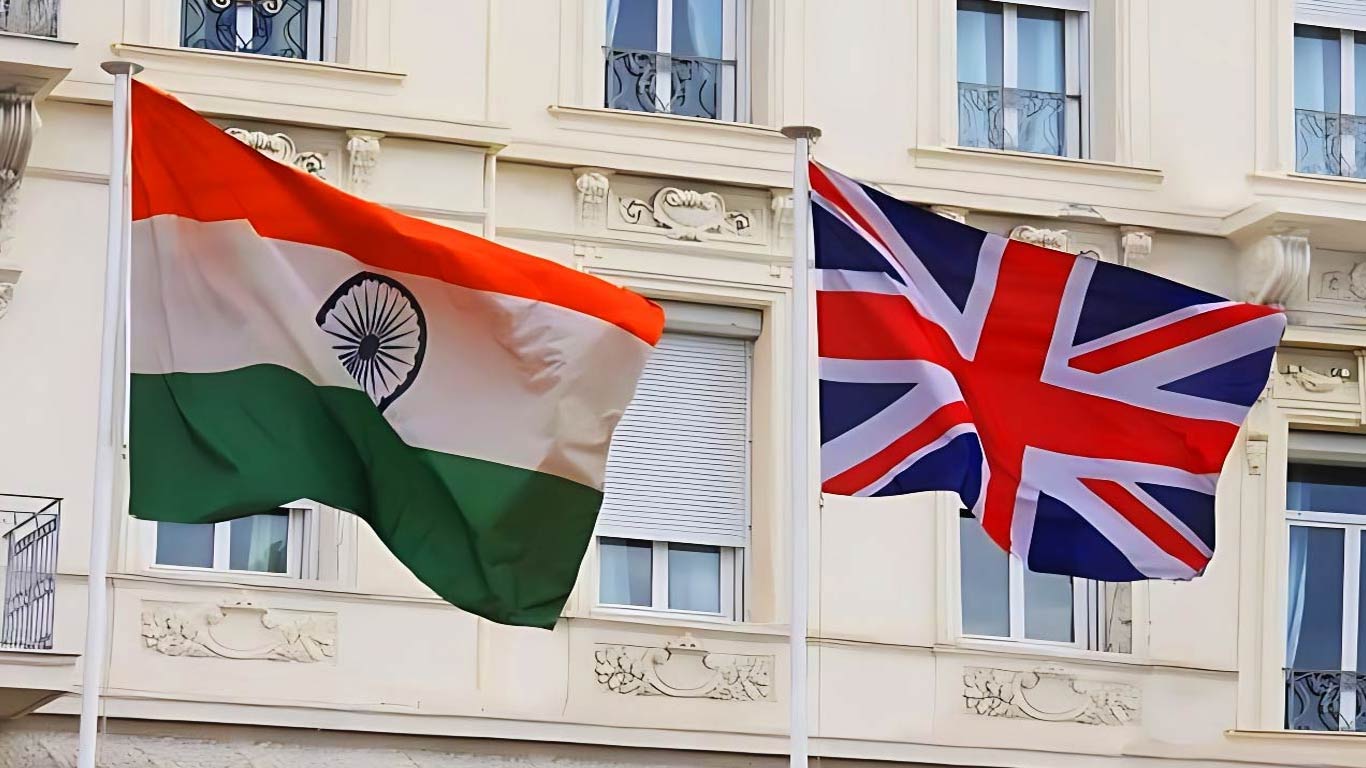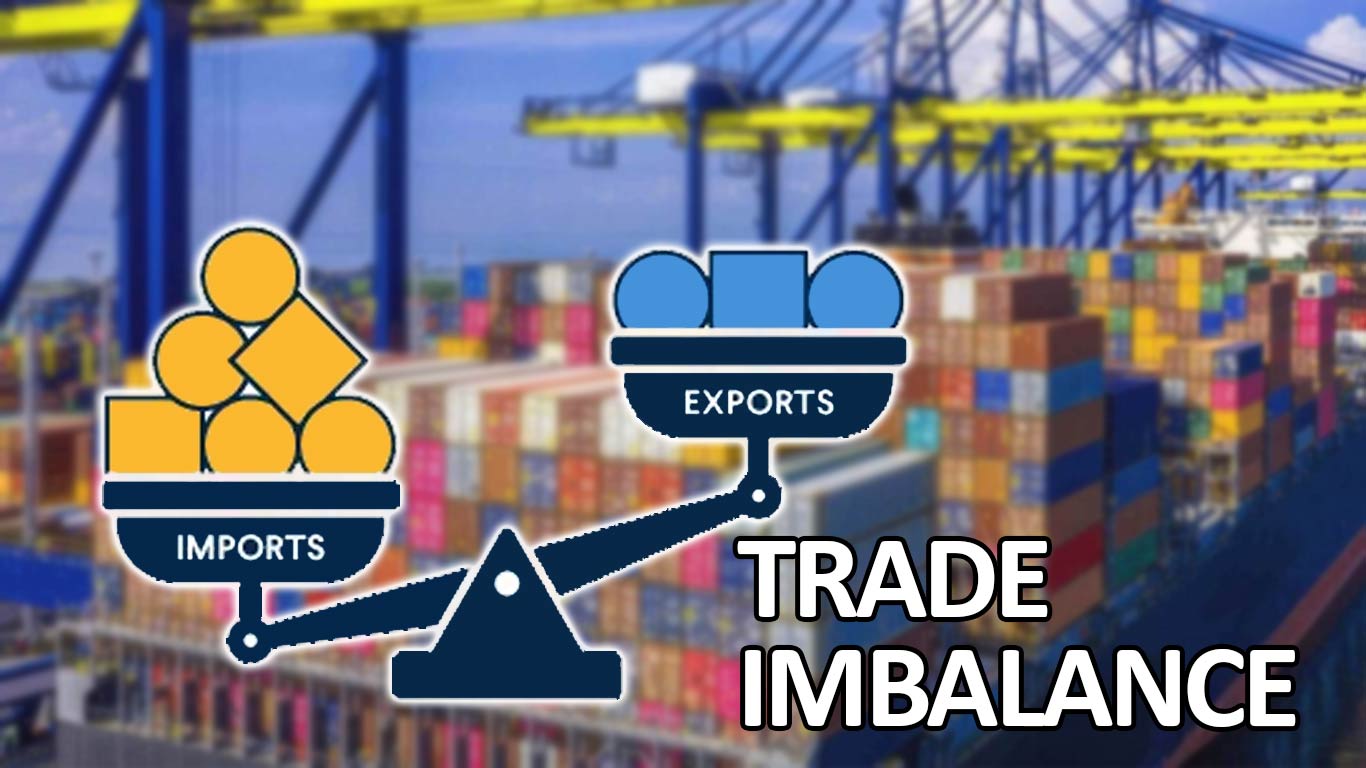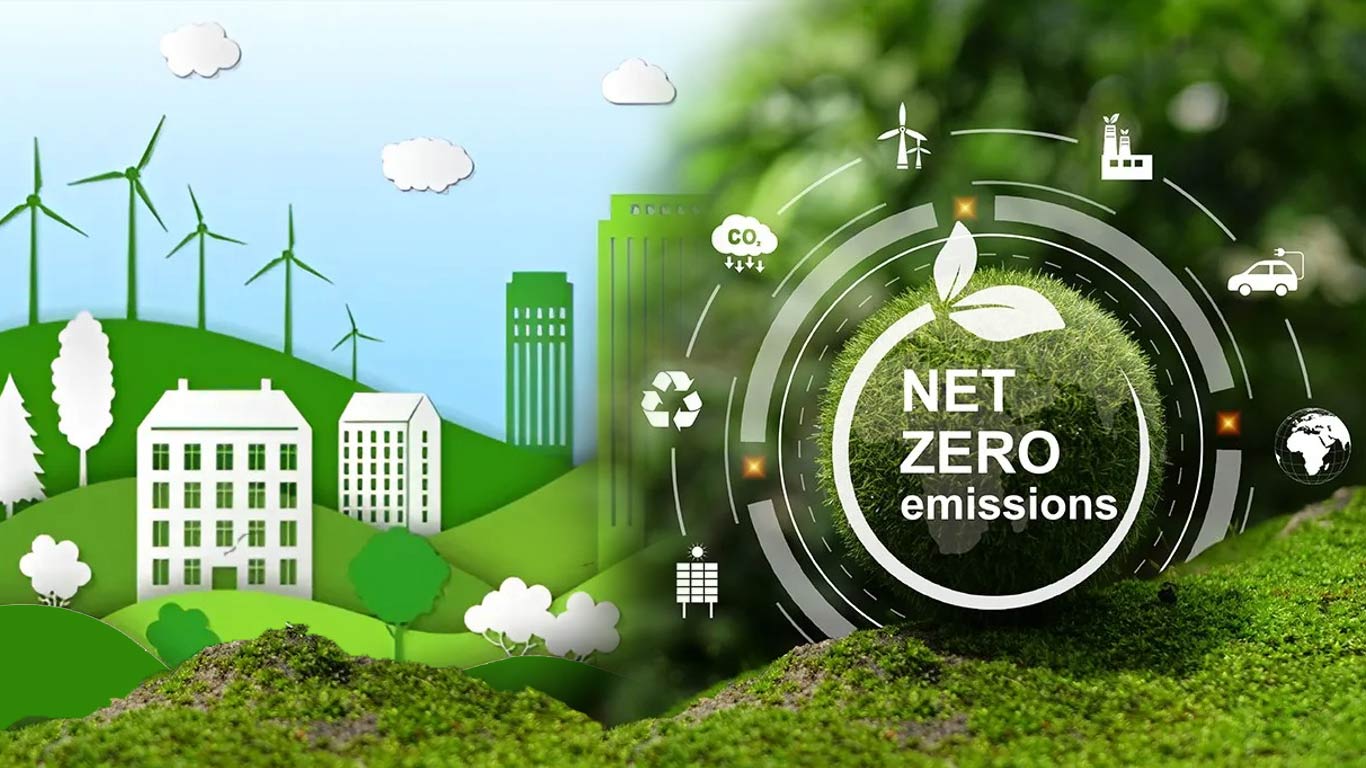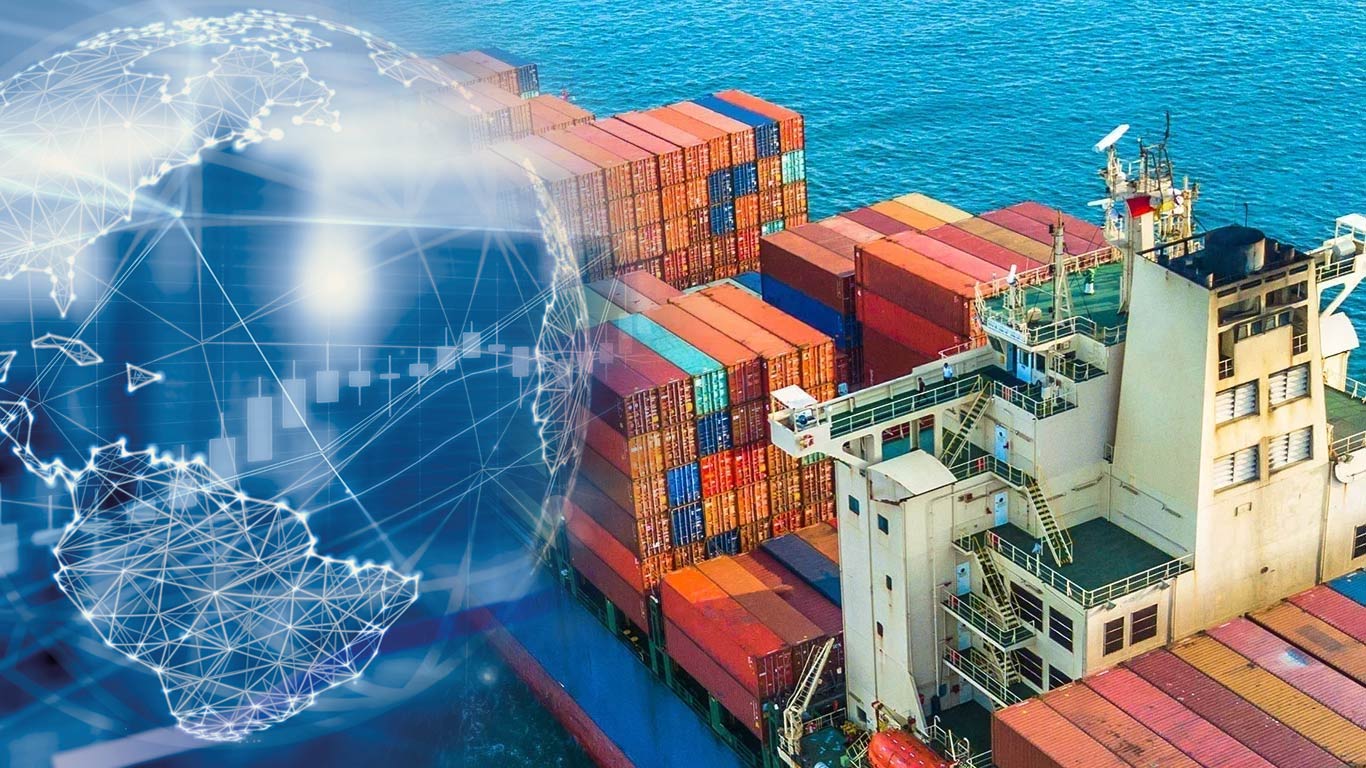Corruption on the rise worldwide; people ready to fight back
Updated: Jul 09, 2013 04:32:27pm

According to the survey, India has a bribery rate of 54 per cent, beating neighbours such as Pakistan (34 per cent), Bangladesh (39), Sri Lanka (19) and Nepal (31).
“The Global Corruption Barometer 2013 is a survey of 114,000 people in 107 countries and it shows corruption is widespread. 27 per cent of respondents have paid a bribe when accessing public services and institutions in the last 12 months, revealing no improvement from previous surveys,” said a release by the Transparency International Secretariat.
While the countries that reported lowest bribery were Denmark, Finland, Japan and Australia with one per cent each, the countries reporting highest bribery were Sierra Leone (84 per cent), Liberia (75 per cent), Yemen (74 per cent), Kenya (70 per cent), Cameroon, Libya, Mozambique and Zimbabwe – (each with 62 per cent), and Uganda (61 per cent).
Significantly across majority of the nations, politicians, judges and police were considered the most corrupt, the former heading the list of untrustworthy persons.
On the other hand, religious bodies and businesses had the lowest corruption rating.
The survey also revealed that though bribe paying was still very high, people were ready to fight back.
“Bribe paying levels remain very high worldwide, but people believe they have the power to stop corruption and the number of those willing to combat the abuse of power, secret dealings and bribery is significant, “ said Huguette Labelle, the Chair of Transparency International.
The Global Corruption Barometer 2013 also found that many countries the institutions people rely on to fight corruption and other crime are themselves not trusted. 36 countries view police as the most corrupt, and in those countries an average of 53 per cent of people had been asked to pay a bribe to the police.
In addition, 20 countries view the judiciary as the most corrupt, and in those countries an average of 30 per cent of the people who had come in contact with the judicial systems had been asked to pay a bribe.
“Governments need to take this cry against corruption from their citizenry seriously and respond with concrete action to elevate transparency and accountability,” Labelle said.
“Strong leadership is needed from the G20 governments in particular. In the 17 countries surveyed in the G20, 59 per cent of respondents said their government is not doing a good job at fighting corruption.”
Politicians themselves have much to do to regain trust. People are concerned about the capacity of political institutions responsible for bringing criminals to justice.
Politicians can lead by example by publishing asset declarations for themselves and their immediate family. Political parties and individual candidates, meanwhile, must disclose where they get their money from to make clear who funds them and to reveal potential conflicts of interest.
“Governments need to make sure that there are strong, independent and well-resourced institutions to prevent and redress corruption. Too many people are harmed when these core institutions and basic services are undermined by the scourge of corruption,” Labelle added.
With a vision to see a world in which government, politics, business, civil society and the daily lives of people are free of corruption; Transparency International was started in 1993 by a few individuals who decided to take a stance against corruption.
The organisation is now present in more than 100 countries, working relentlessly to stir the world’s collective conscience and bring about change. Much remains to be done to stop corruption, but much has also been achieved, including: the creation of international anti-corruption conventions; the prosecution of corrupt leaders and seizures of their illicitly gained riches; national elections won and lost on tackling corruption; companies held accountable for their behaviour both at home and abroad.
With an international secretariat in Berlin and through more than 100 national chapters worldwide, the organisation works with partners in government, business and civil society to put effective measures in place to tackle corruption. (ES/KNN)











